
2025 Featured Speakers and Facilitators
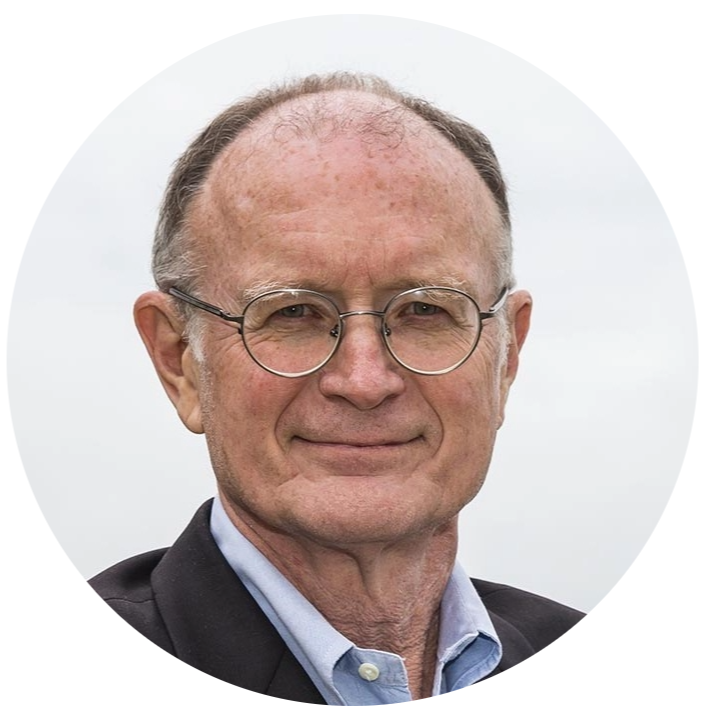
Mike Witherell: Lab Director, Berkeley Lab
Michael Witherell has served as Lab Director since 2016. Under Witherell’s leadership, Berkeley Lab has developed strategic priorities to ensure it has the research expertise, capabilities, and facilities that will be needed to address its mission as a world-leading research laboratory 20 years from now. This effort is reinforced by his vision of stewardship of the Lab’s world-class user facilities and infrastructure and of its outstanding researchers and staff. A leading physicist with a distinguished career in teaching, research, and managing complex organizations, Witherell has received numerous honors and recognitions for his scientific contributions and achievements, including the W. K. H. Panofsky Prize in Experimental Particle Physics from the American Physical Society in 1990. He is a member of the National Academy of Sciences and is a fellow of the American Physical Society, the American Association for the Advancement of Science, and the American Academy of Arts and Sciences. This is the second national laboratory he has led; he headed Fermi National Accelerator Laboratory (Fermilab) from 1999 to 2005. He received his Ph.D. from the University of Wisconsin, Madison, in 1973 and his B.S. from the University of Michigan, Ann Arbor, in 1968.
David Whyte: Speaker, Poet, Author, Leadership Consultant
David Whyte is an internationally renowned poet and author, and a scintillating and moving speaker. Behind these talents lies a very physical attempt to give voice to the wellsprings of human identity, human striving and, most difficult of all, the possibilities for human happiness. His talks, to audiences of all persuasions, on everything from literature to leadership, heartbreak to healing; mindfulness to mythology, weave poetry, story and commentary into a moving, almost physical experience of the themes that run through every human life: joy and loss, vulnerability and vitality, courage and despair, beauty and necessary heartbreak. He is the author of ten books of poetry, three books of prose on the transformative nature of work, a widely-acclaimed book of essays, and an extensive audio collection. David Whyte’s poetry can be heard in the boardrooms of Fortune 500 companies, the hallowed halls of educational institutions, and from the stages of literary festivals and theological conferences.
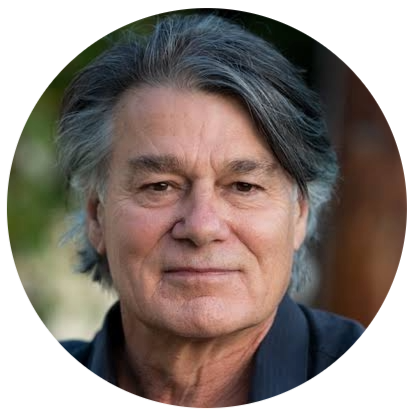
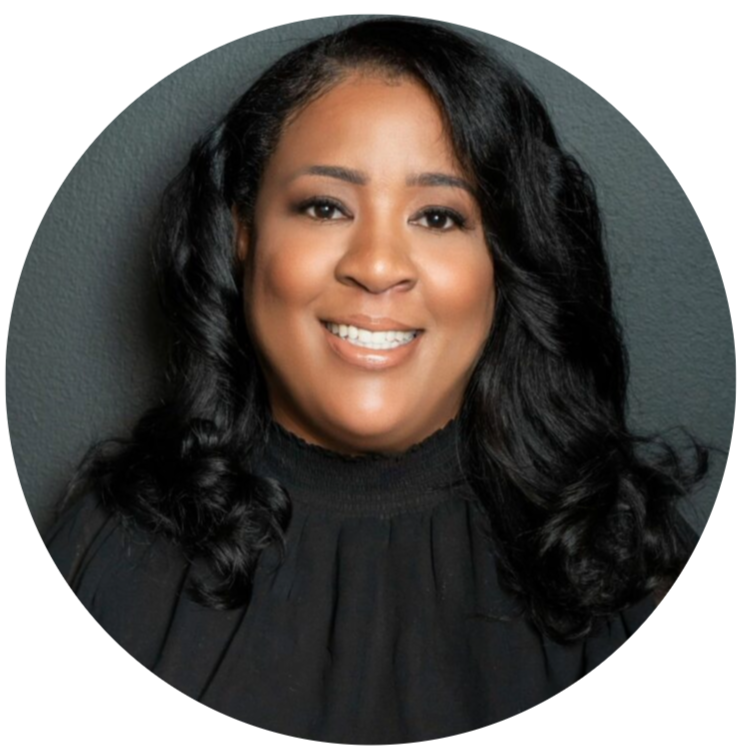
Aiko Bethea : Founder, RARE Coaching
Aiko is a builder, learner, and thought partner. She thrives while working in new spaces, creating novel frameworks. As a thought partner and learner, she enjoys working in partnership alongside her collaborators on a journey towards creating new understandings, learnings, and creative processes. Justice and loyalty are values that have been core drivers in Aiko’s life and career. Working in community has been a way to serve her internal values. She began her career as a grassroots community organizer working in underserved areas similar to the neighborhoods where she was raised.
The next natural step in her pursuit of justice was the law. Aiko gained experience as a litigator, then as an attorney for the City of Atlanta. She served on the Government Counsel team, led by Stacy Abrams. As part of Shirley Franklin’s administration, she led the Legislative Counsel legal team, then served as the compliance director for the city where she oversaw federal, state, and local grants. She then was recruited by the Bill & Melinda Gates Foundation where she served for over 7 years as Deputy Director over a compliance team, Grants & Contracts Management. During her tenure, she created the first employee resource groups and led some of the first organization-wide conversations about race, not as part of her job description, but as part of living the core values that she demonstrates in her life and work. Knowing that a critical amount of the foundations’ resources impact black and brown communities, Aiko saw the need to create a space in the void and develop the discourse around issues of race within the organization. This was particularly important to Aiko as this was in 2016, a time of rising public reports of police brutality in the Black community. Due to a need to remain aligned with her values and anchor into her passion she made the decision to dive into equity work full time. She’s consulted for various companies and organizations across the country, including Bristol Myers Squibb, Intuit, Wieden + Kennedy, City of Seattle, PATH, Satterberg Foundation, Starbucks, Theatres for Young Audiences, Uber, and Gap. As a trusted and credible thought partner, Aiko created and implemented the first organization-wide DEI strategy and developed the first diversity and inclusion department at Fred Hutch Cancer Research Center. Currently, Aiko leads diversity, equity, inclusion and belonging for the Brené Brown Education and Research Group. She serves as Sr. Director for Frontline Solutions, a Black-owned and led consulting firm. Aiko is also a faculty member of Hudson Institute of Coaching.

Lisa Lahey: Lecturer on Education, Harvard University
Lisa Lahey is a founder of Minds at Work, a coaching and consulting firm serving businesses and institutions around the world, and she is on the faculty of the Harvard University Graduate School of Education. Lahey and her long-time collaborator Robert Kegan are credited with a breakthrough discovery of the “immunity of change,” a dynamic which impedes personal and organizational transformation. This work is used worldwide by executives, senior teams, and individuals in business, governmental, and educational organizations and helps people close the gap between their good intentions and behaviors. For her seminal research, creation of developmental diagnostics and models, and prolific writing on the topic of adult development, Lahey has earned numerous awards, been on the faculty of the World Economic Forum’s Davos Conference, and had her work featured in a wide range of major media outlets.
Emily Harman: Leadership Consultant
Ms. Emily Harman was the Director, Office of Small Business Programs (OSBP) for the Department of the Navy (DON) serving as chief advisor to the Secretary on all small business matters. She was responsible for small business acquisition policy and strategic initiatives. Ms. Harman joined the Secretary of the Navy Staff as member of the Senior Executive Service in August 2015 and has over 30 years of federal service. Prior to receiving this appointment she served as Associate Director of the Naval Aviation Systems Command’s (NAVAIR) OSBP from November 2005 to August 2015. Ms. Harman’s previous experience includes serving as a Division Director in the Major Weapons System for Air-Antisubmarine Warfare, Assault, Special Mission Programs Contracts Department and as the Multi-Mission Helicopters Program Office’s (PMA-299) Contracting Officer. Ms. Harman has NAVAIR experience as a Services Contracting Officer, as well as Contracting Officer for the AV-8B Weapon Systems Program Office (PMA-257). Prior to joining NAVAIR in 1997, Ms. Harman served as a Contracting Officer for the Naval Supply Systems Command’s (NAVSUP) Fleet and Industrial Supply Center (FISC), Norfolk Detachment Washington. Ms. Harman served as a Supply Corps Officer in the Navy from 1985- 1992 and retired from the Naval Reserves. She served onboard the USS Emory S. Land (AS-39) and earned the Supply Corps Surface Warfare pin. Her other duty stations include: Supreme Allied Command Atlantic, Commander in Chief U. S. Atlantic Fleet, United States Naval Academy, and FISC Norfolk Detachment Washington. Ms. Harman is a member of the DoD Acquisition Professional Community and is Level III certified in Contracting. A Certified Professional Contracts Manager through the National Contract Management Association, she holds a Bachelor of Science degree in Physical Science from the United States Naval Academy, and a Master’s degree in Management/Acquisition and Contract Management from the Florida Institute of Technology. Ms. Harman is a member of Leadership Southern Maryland’s Class of 2010. Ms. Harman is a graduate of NAVSUP’s Corporate Management Development Program, NAVAIR’s Senior Executive Leadership Development Program, and the Federal Executive Institute. Ms. Harman has a number or personal and command decorations including the DON’s Meritorious Civilian Service Medal, DON’s FY2010 Acquisition Excellence Award, and the 2015 Public Servant Award from the St. Mary’s County Chamber of Commerce.
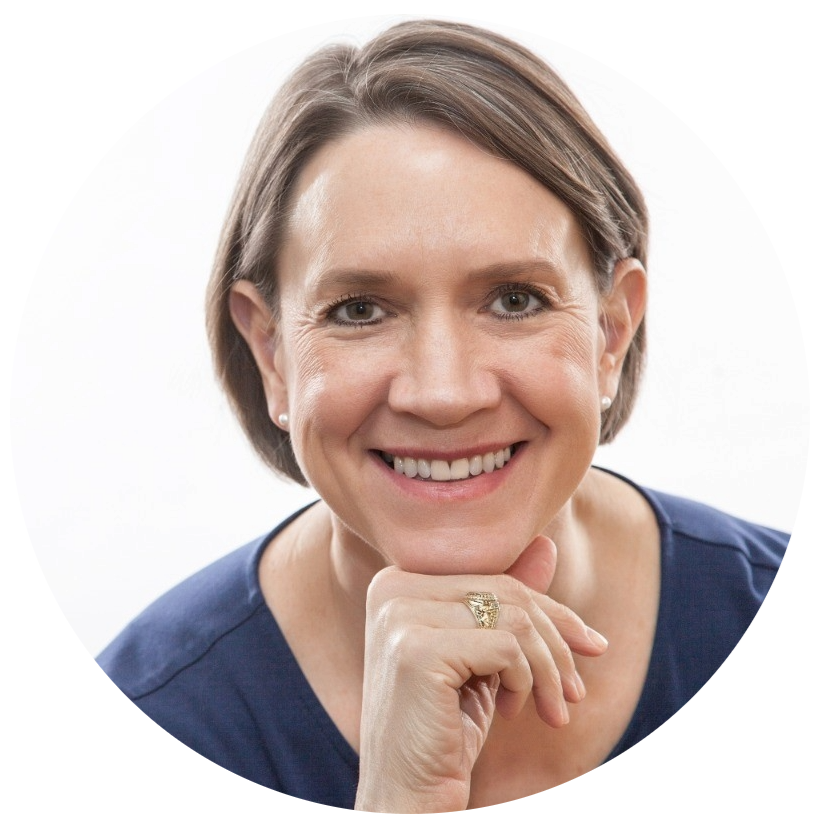
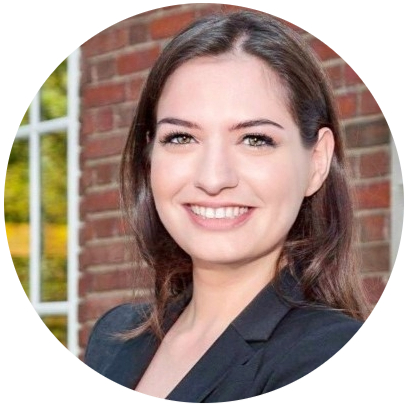
Ovul Sezer: Assistant Professor, Cornell University
Övül Sezer is an Assistant Professor of Management and Organizations. Her research focuses on Impression (Mis)Management—the mistakes we make when we want to impress others. We all think we know how to make a positive impression, and we can easily spot the mistakes others make, but when it comes to our own missteps, we tend to be blithely oblivious. Sezer identifies these mistakes and investigate how we can better navigate our social world. How can we signal that we are both competent and likeable? How can we brag wisely? How can we give valuable feedback in a way that strengthens our relationships rather than harming them? How can we network less awkwardly? Her research identifies useful strategies for making better impressions. Her research has been featured in top management and psychology journals including the Journal of Personality and Social Psychology, Organizational Behavior and Human Decision Processes, Harvard Business Review and covered in leading media outlets including New York Times, Wall Street Journal and The Washington Post.
Jeffrey Lees: Associate Research Scholar, Princeton University
Jeffrey utilizes experimental methods to study belief traps – how inaccurate beliefs drive negative outcomes for the environment, organizations, politics. He examines the psychological and social roots of belief traps, how they contribute to organizational inaction and political conflict, and how they can be combated through targeted interventions. He is an Associate Research Scholar at Princeton University in the Behavioral Science for Policy Lab in the Andlinger Center for Energy and the Environment, where he researches the psychology of climate change belief traps under Dr. Elke Weber. He is also affiliated with the Center for Policy Research on Energy and the Environment in the Princeton School for Public and International Affairs.
In August of 2020 he founded the Union of Democratic Laboratories, a scientific society and advocacy group. He completed his Ph.D. in Organizational Behavior and Psychology at Harvard Business School in 2020.
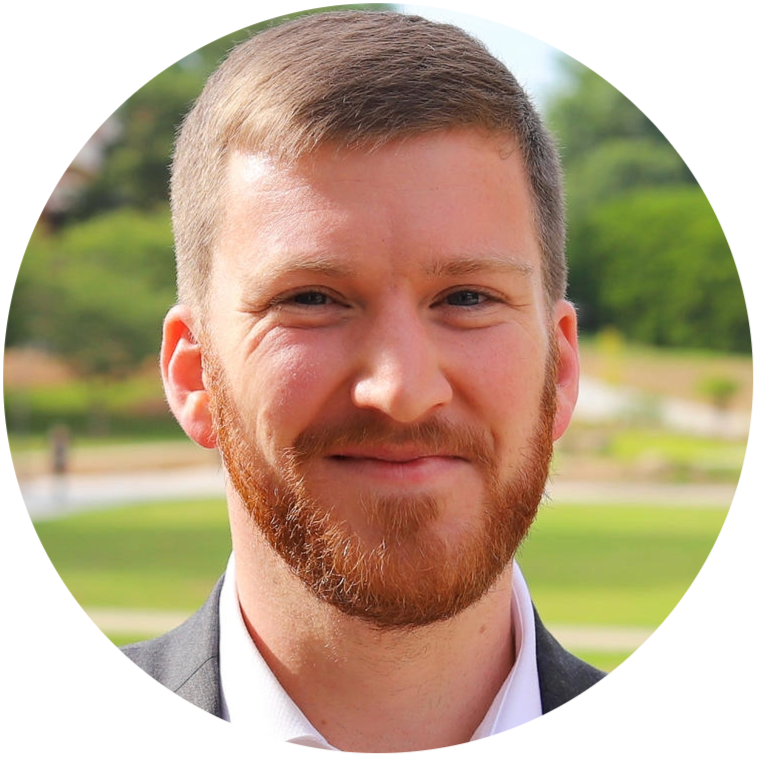
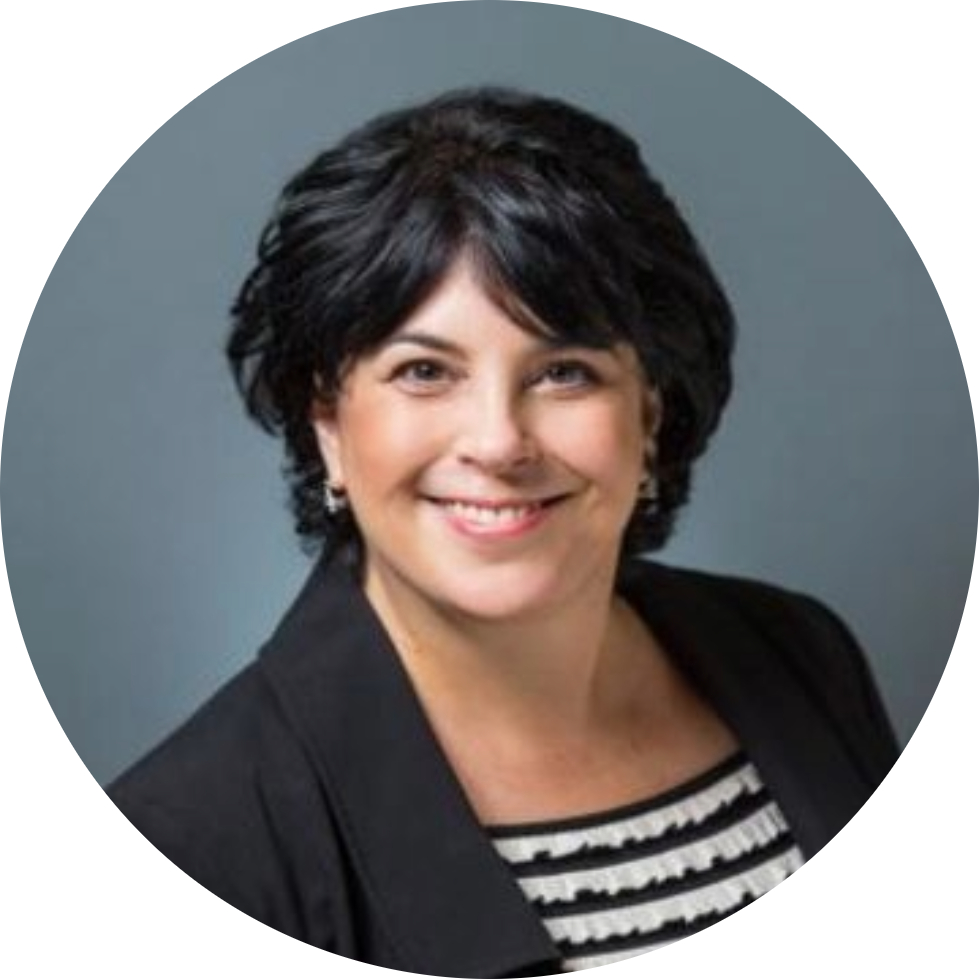
Michele Gelfand: Professor of Organizational Behavior, Stanford University
Michele Gelfand is a Professor of Organizational Behavior at the Stanford Graduate School of Business and Professor of Psychology by Courtesy at Stanford University. Gelfand uses field, experimental, computational, and neuroscience methods to understand the evolution of culture–as well as its multilevel consequences for human groups. Her work has been cited over 20,000 times and has been featured in many top media outlets and academic journals. She is the author of Rule Makers, Rule Breakers: How Tight and Loose Cultures Wire the World (Scribner, 2018) and co-editor of the following books: Values, Political Action, and Change in the Middle East and the Arab Spring (Oxford University Press, 2017); The Handbook of Conflict and Conflict Management (Taylor & Francis, 2013); and The Handbook of Negotiation and Culture (2004, Stanford University Press). Additionally, she is the founding co-editor of the Advances in Culture and Psychology Annual Series and the Frontiers of Culture and Psychology series (Oxford University Press). As a native New Yorker, Michele is now a California transplant. She is married to Todd Betke and has two daughters, Jeanette and Hannah, two birds (Bonnie and Theo) and a Portuguese water dog, Pepper.
Haesun Moon: Communication Scientist – Canadian Centre for Brief Coaching
Haesun Moon, Ph.D., is a communication scientist, an educator, and author of Coaching A to Z: The Extraordinary Use of Ordinary Words and several collaborative books, including Thriving Women, Thriving World, and Foundations of Brief Coaching, a short handbook for professional coaches. Haesun received her Ph.D. in Adult Education and Community Development from University of Toronto. She cares about people experiencing better conversations at home and at work – and she does that by training, coaching, and consulting. She believes that conversations can change the world, and she defines this process as hosting dialogic conditions in which people participate to imagineer and perform their preferred change. Her academic and professional research in coaching dialogues and pedagogy from the University of Toronto led to development of a simple coaching model, Dialogic Orientation Quadrant (DOQ). The DOQ has transformed the way people coach and learn coaching worldwide. Haesun teaches Brief Coaching at the University of Toronto and serves as Executive Director at the Canadian Centre for Brief Coaching, and Principal at The Human Learning Institute. You can visit her online at www.briefcoaching.ca and www.coachingatoz.com

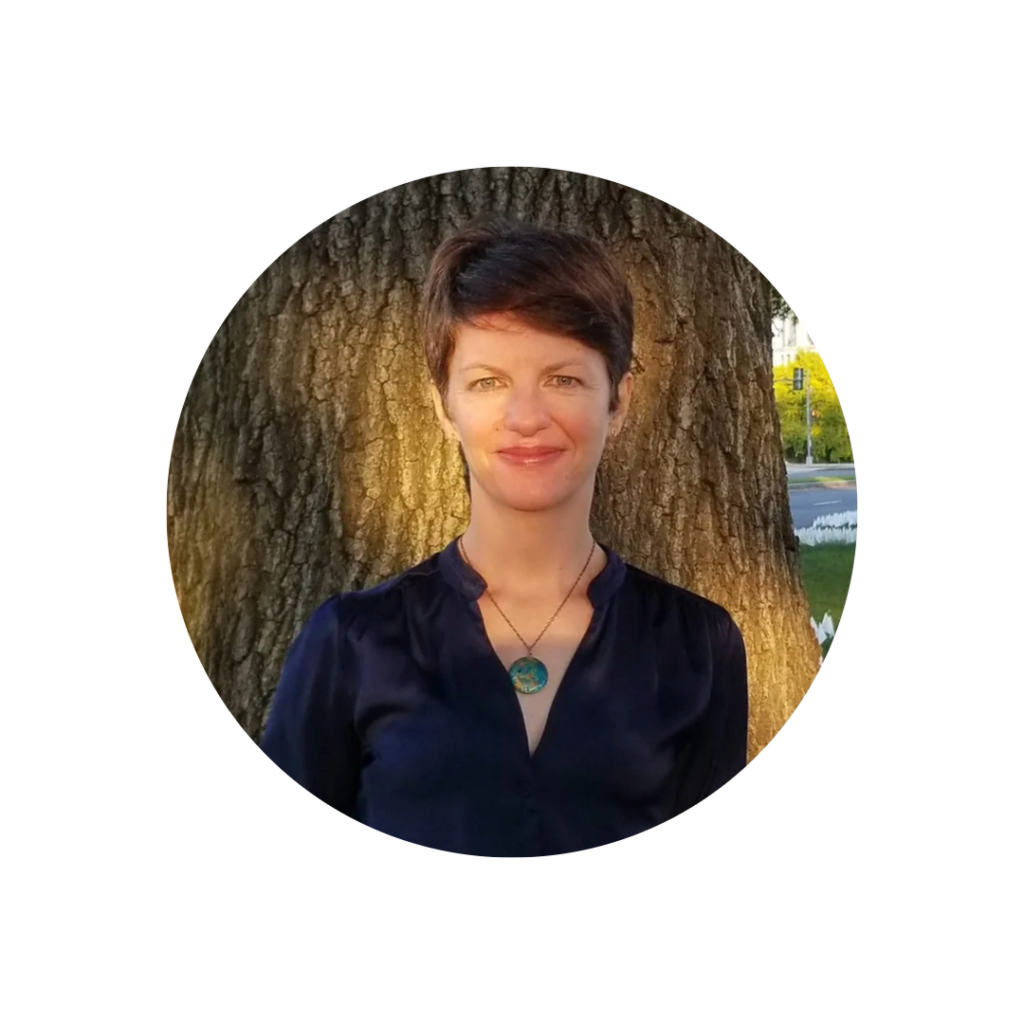
Amanda Ripley: Co-Founder, Good Conflict
Amanda Ripley is a New York Times bestselling author and an investigative journalist. Her projects combine storytelling with data to help illuminate hard problems—and solutions. Her books include High Conflict: Why We Get Trapped and How We Get Out, The Smartest Kids in the World: And How They Got That Way, and The Unthinkable: Who Survives When Disaster Strikes—and Why. Ripley also spent a decade writing about human behavior for Time magazine in New York, Washington, and Paris, helping Time win two National Magazine Awards. She has reported from Colombia, South Korea, Finland, Poland, the United Kingdom, Israel, Jordan, Oman, and France. Ripley is also a trained conflict mediator and a (less well-trained) soccer coach. She lives with her family in Washington, DC.
Hélène Biandudi Hofer: Co-Founder, Good Conflict
Hélène Biandudi Hofer is a journalist and a documentary filmmaker. For nearly a decade, she led an award-winning news magazine program focused on exploring remedies to societal challenges. Her work spans investigating police reform in Camden, New Jersey, to examining education opportunities in South Sudan. Most recently, Hélène developed and managed the Solutions Journalism Network’s Complicating the Narratives (CTN) project. CTN is a journalistic practice that can transform news coverage about controversial issues. She trained more than a thousand journalists across 125 newsrooms throughout the world. Hélène has worked with CBS, NPR, and PBS. She credits her passion for journalism to her Nkoko [great-grandmother], who was the oral historian of the Biandudi family in Kinshasa, DRC.

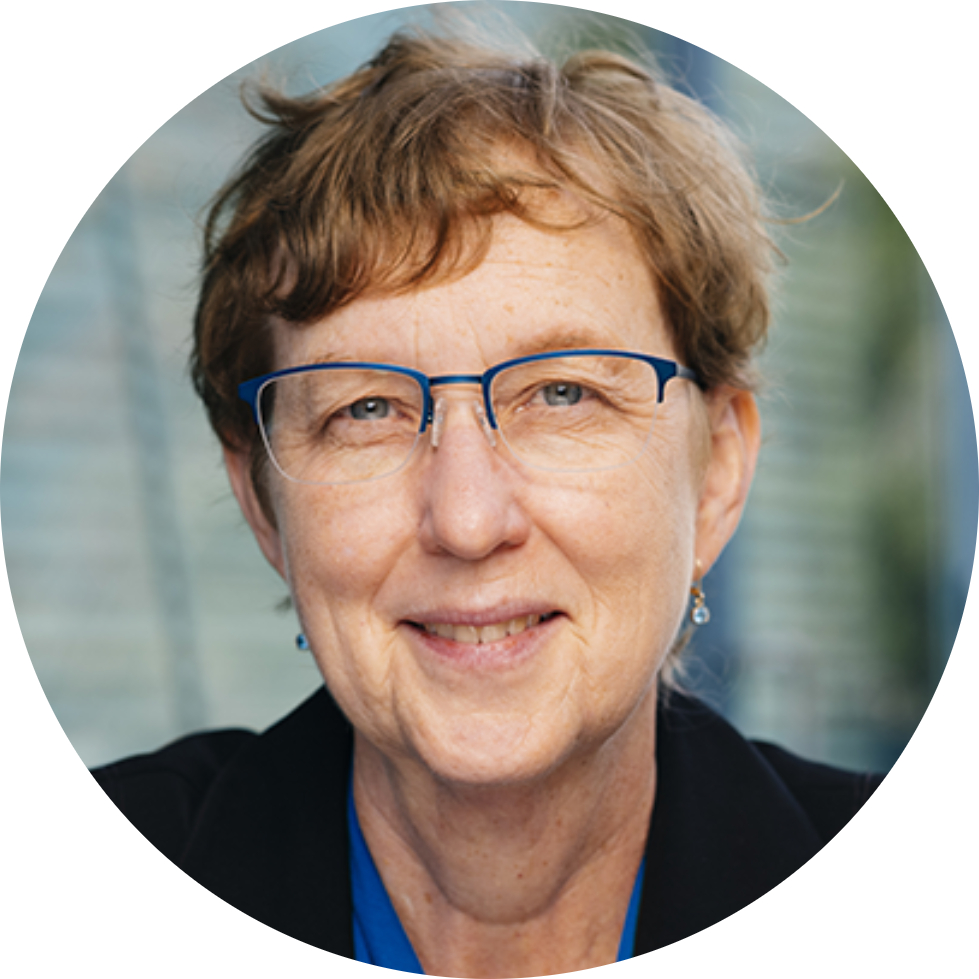
Kathy Yelick: Distinguished Professor of Electrical Engineering & Computer Sciences and the Vice Chancellor for Research, University of California, Berkeley
Katherine Yelick is the Robert S. Pepper Distinguished Professor of Electrical Engineering and Computer Sciences and the Vice Chancellor for Research at the University of California, Berkeley. She is also a Senior Faculty Scientist at Berkeley Lab. Her research is in high performance computing, programming systems, parallel algorithms, and computational genomics. She is well known for her work in Partitioned Global Address Space languages, including co-inventing the Unified Parallel C (UPC) and Titanium languages. She has worked on interdisciplinary teams developing scientific applications ranging from simulations of chemistry, fusion, and blood flow in the heart to analysis problems in phylogenetics and genome assembly. She recently led the ExaBiome project on Exascale Solutions for Microbiome Analysis, part of the Department of Energy’s Exascale Computing Project. Yelick was Director of the National Energy Research Scientific Computing Center (NERSC) from 2008 to 2012 and the led the Computing Sciences Area at Berkeley Lab from 2010 through 2019, where she oversaw NERSC, the Energy Sciences Network (ESnet) and the Computational Research Division of scientists and engineers in applied math, computer science, data science and computational science. She earned her Ph.D. in Electrical Engineering and Computer Science from MIT and has been a professor at UC Berkeley since 1991 with a joint research appointment at Berkeley Lab since 1996.
Michael R. Goodman: Massachusetts Institute of Technology
Michael R Goodman is an internationally recognized speaker, author, and practitioner in the fields of Systems Thinking, Organizational Learning and Change, and Leadership. Michael Goodman’s main focus is transferring the learning disciplines into organizations to sustain their capacity for learning and change. He also helped create many of the innovations in the field of Systems Thinking that has made it more accessible to organizational leaders. Mr. Goodman draws on over 40 years of expertise to create curriculum, lead courses and training in the arena of organizational learning and change, and help clients (both for profit as well as nonprofit) apply systems approaches to their critical organizational issues. He has published widely, authoring one of the first textbooks in the field, Study Notes in Systems Dynamics, and serving as the primary contributor to the Systems Thinking section in the acclaimed Fifth Discipline Fieldbook by Peter M Senge. Michael has also contributed numerous chapters to the books The Dance of Change and Schools that Learn. He contributed to the recently published Systems Thinking for Social Change by David Stroh and has also published a variety of articles on applying systems thinking and system dynamics in areas from culture change to health care.
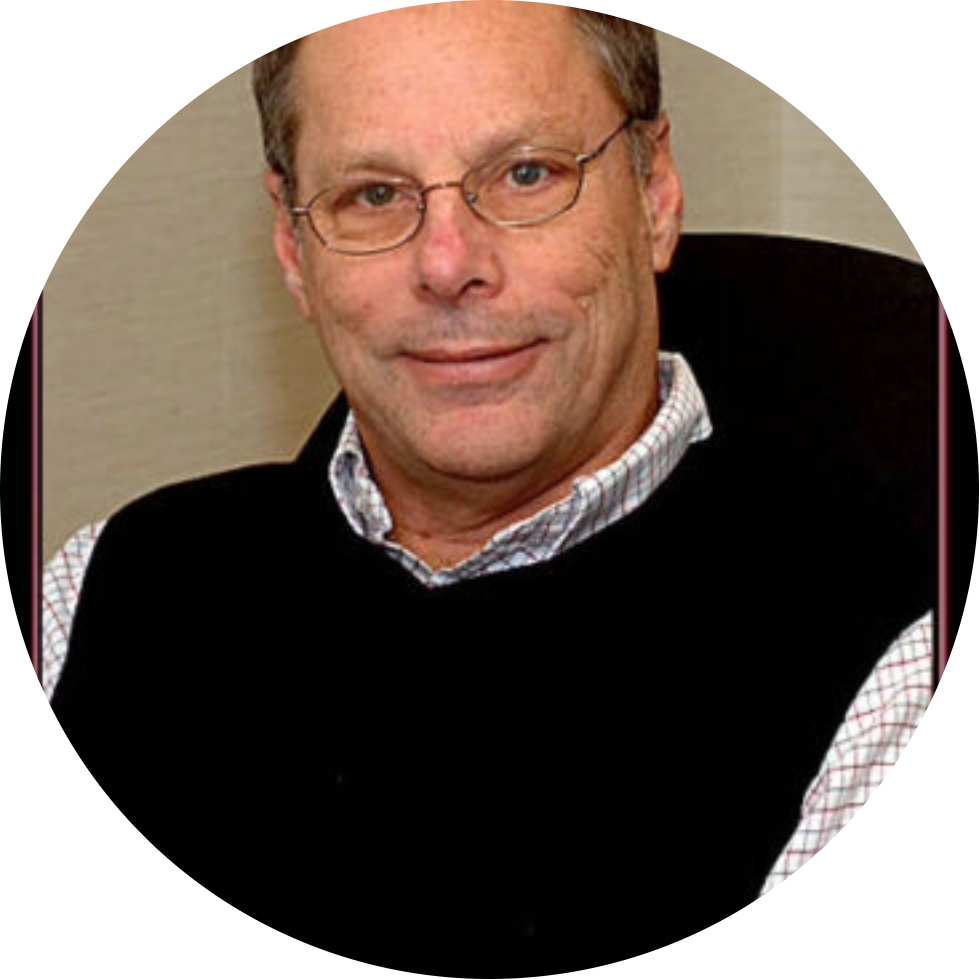

Michelle Florendo: Decision Engineer & Coach
Michelle Florendo is a decision engineer and coach for Type-A professionals. She is known for her analytical approach to coaching – with a BS in Management Science and Engineering from Stanford University, and an MBA from UC Berkeley’s Haas School of Business, Michelle uses a blend of decision engineering, design thinking, and lean startup principles to help her clients map their path forward. Over the years Michelle has led workshops both domestically and internationally, showing hundreds of driven professionals how to use the principles of decision engineering to tackle complex decisions with less stress and more clarity. She has been repeatedly invited to lead workshops at various conferences and has guest-taught on career decision making in Stanford’s famous Design Your Life course. She served on the inaugural coaching team for Seth Godin’s altMBA, was a founding member of the Forbes Coaches Council, was a Senior Coach for Management Leadership for Tomorrow, coaches for Startup Parent, and is a faculty coach for Berkeley Executive Coaching Institute. She teaches a decision making course for Stanford Continuing Studies and hosts the podcast, Ask A Decision Engineer. Michelle has 1500+ hours of coaching experience spanning more than a decade. She holds a certification from Berkeley Executive Coaching Institute, a Professional Certified Coach credential from the International Coaching Federation, and an Integral Coaching certification from New Ventures West.
Victor Udoewa: Founder & CEO, Justice by Design; Service Design Lead, NASA
Victor Udoewa has served as the Chief Technical Officer, Chief Experience Officer, and Service Design Lead of the NASA Small Business Innovation Research and Small Business Technology Transfer Research (SBIR/STTR) Program. Before NASA, he was Director of Strategy at 18F, a civic consultancy for and inside the federal government. He started the education business unit, developed a line of educational products and services, directed strategy, managed the digital strategists’ practice, and served as a designer and strategist on partner projects. Previously, as a Global Education Instructional Designer and Training Development Specialist at Google, he designed learning experiences for people in low-to-middle-income countries around the world. As a part of that work, he also advised Google in global energy and access work. Prior to Google he served at USAID and DHS as a science & technology policy advisor and development engineer focusing on infrastructure, post-disaster reconstruction, climate neutrality and global health.
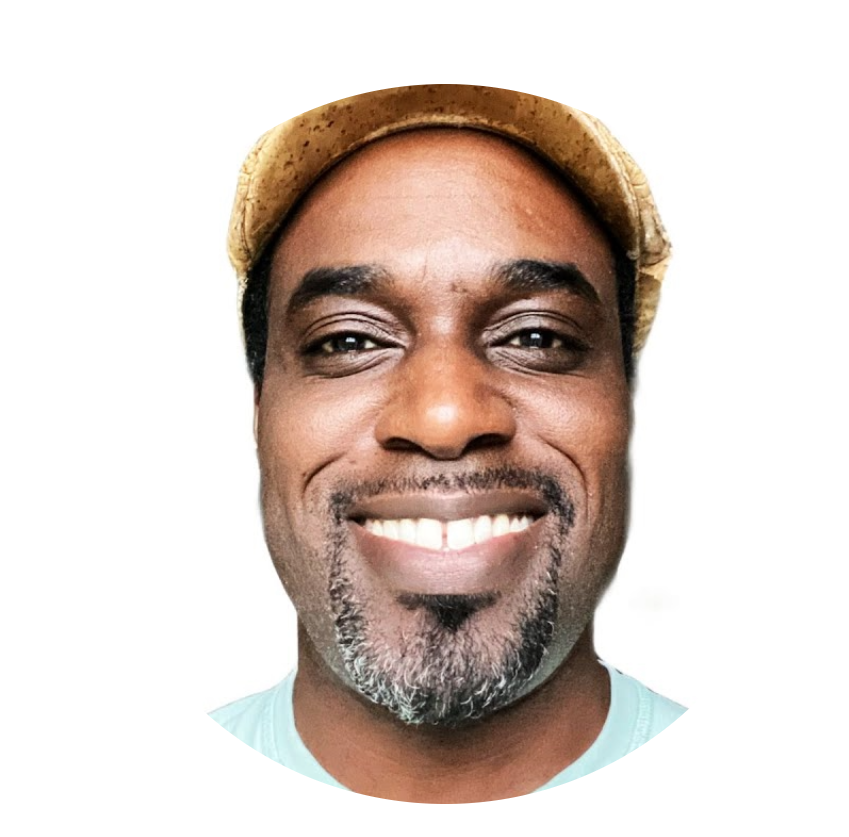
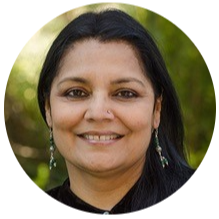
Beena Sharma: President, Vertical Development Academy
Beena Sharma is president of Vertical Development Academy (VeDA). VeDA’s mission is to catalyze human maturity on the planet, and to evolve the practice of leadership development using vertical development theory and its measurement. Beena is a gifted leader educator, coach, and consultant, and brings over three decades of deep experience in consulting internationally with large and small organizations. Beena has learned from and partners with Dr. Susanne Cook-Greuter, seminal theorist and researcher in adult development. She is a certified assessor of the MAP (Maturity Profile), the most widely researched measure of adult development. Beena has learned from and partnered with Dr. Barry Johnson in practicing, teaching, and consulting using Polarity Thinking™. She brings a deep understanding of leadership and organizational dilemmas, and how leaders can leverage these tensions to realize more adequate, sustainable outcomes for all. Beena has developed the concept of Polarity Wisdom, her unique and original contribution to the discourse in adult development. With Polarity Wisdom, Beena has articulated and expanded on the idea that actively working with polarities impacts and facilitates vertical growth. Under Beena’s leadership, VeDA certifies coaches globally in the science, art, and practice of coaching for vertical growth in leaders, and with an emphasis on polarity wisdom as a high leverage vehicle for cultivating more integrated leadership. Beena is keen to establish the significance of vertical development for the future of our world, and is passionately dedicated to fostering a more enlightened, practical, and real-world application of this critical lens.